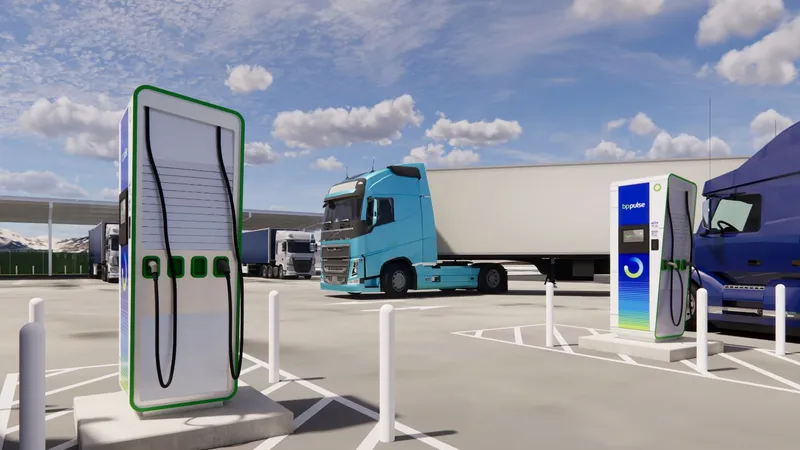HARRISONBURG, Va. (WHSV) – Around the country, truck drivers are facing some major struggles. WHSV has previously reported on a driver shortage around the country but truck drivers say that’s not the full story and that problem is actually a freight recession brought on by an overabundance of trucks.
“I’ve been in trucking for decades and I’ve heard the story about driver shortages for pretty much the entirety of the time I’ve been in trucking,” said Todd Spencer, President of the Owner-Operator Independent Drivers Association, which advocates for the interest of owner-operator truck drivers and small trucking fleets. “We still hear people talk about shortages but right now we have too many trucks. We have overcapacity in the industry and because of that overcapacity it’s driven down freight rates where many trucking companies are going to be struggling to survive simply because the economics aren’t in their favor.”
The nation has been in a freight recession since last year. The problem dates back to the spending spree during the height of the COVID pandemic when people were ordering things like never before. This caused a flurry of new trucks and fleets to enter the industry to meet that need.
“Those needs are no longer there but all of the trucks that came into the business to meet that need, they’re still there. Now little by little, they’re going away now but right now there are still too many trucks out there for available freight. Some of them will have to leave the industry before rates will actually stabilize and normalize and basically allow companies to collect what they need to collect to operate profitably,” said Spencer.
With freight rates being so low shippers have power over drivers and trucking companies. This has caused many problems for drivers like pay being too low.
“The occupation needs to improve overall. The economic model for paying drivers is a big part of the problem. In general, drivers are only paid for miles driven and nothing for their time,” said Spencer.
The biggest part of this problem is that drivers are not compensated for time spent waiting for freight to be loaded or unloaded.
“Regularly drivers will end up spending 20 to 40 hours every week just waiting to load or unload, that’s unpaid time and it shouldn’t be. They should be able to get in and out quickly and in the instances where they are detained they should be paid for that time. It doesn’t work in trucking and that needs to change,” said Spencer.https://0591fb26c204924914ee9ecfaca59d30.safeframe.googlesyndication.com/safeframe/1-0-40/html/container.html?n=0
Spencer said the reason some companies may have trouble finding drivers is not a driver shortage but rather the industry’s chronic turnover.
“Every year between 400 and 500 thousand new drivers are issued commercial drivers licenses. That’s way more than the number that would be needed to offset retirements and things like that. Most of those drivers start, they do it for a while, and they leave to be replaced by somebody else doing the exact same thing,” said Spencer. “That’s not good public policy because our roads are safest when we have experienced drivers behind the wheel, they’re the ones that know how to stay out of crashes and that’s what we should be pushing for.”
The life of a truck driver consists of long hours and long days. Spencer said that the pay and working conditions of the industry don’t do enough to offset the sacrifices drivers make.
“The normal work week for a truck driver is 70-80 hours. For the long haul sector that often means drivers are away from home for weeks at a time, that puts a lot of strain on individuals and on families and there needs to be offsetting benefits to compensate for that. In too many instances that’s not really the case,” said Spencer.
Spencer said that OOIDA is trying to improve the operating environment for drivers by advocating to lawmakers. He said improving working conditions for drivers will be the only way to end the constant driver turnover.
